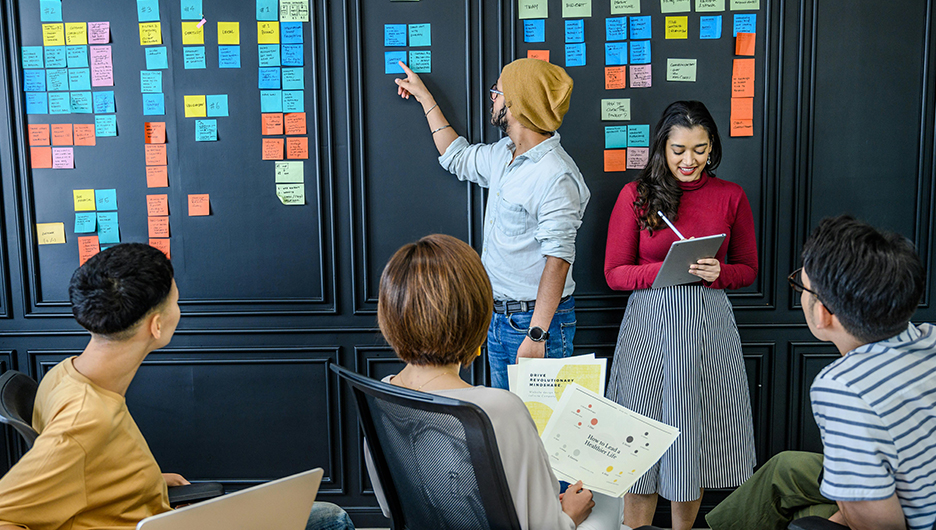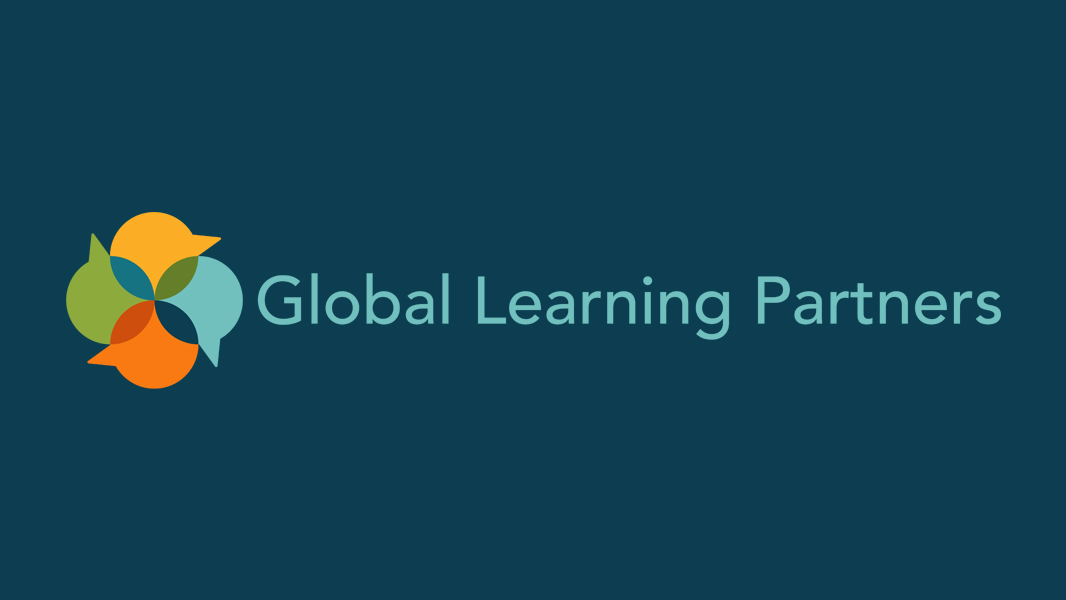Speaking of Dialogue

10 Tips for Making Decisions in the Workplace
Dec 13, 2023
Increasingly, organizations and companies see the value of having a thoughtful approach to making decisions.

10 Tips for Effective Email Communication
Dec 11, 2023
Email is a powerful tool in the workplace, but it has become a headache for some. Using email effectively is not as straightforward as it seems but following a few key guidelines can make all the difference.

6 Core Principles, Virtually!
Dec 13, 2023
Respect. Safety. Engagement. Inclusion. Relevance. Immediacy. These six core principles drive our work at Global Learning Partners (GLP).



